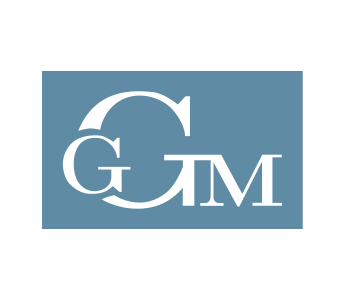The Danger of Forwarding Emails
Emails are no longer novel. In fact, most people take emails for granted and don’t give them much thought. Emails are routinely received and oftentimes passed along without much thought. However, there is a real danger attached to emails containing “private” subject matter. The Michigan Court of Appeals in Latture v Emmerling, Docket No. 304833 (unpublished 9-17-13), considered an email case in the context of the seldomly discussed tort of “intrusion upon seclusion.”
In Latture, parents of school children in the Clio school district were unhappy with the superintendent’s performance. The parents attempted to dig up information through Freedom of Information Act requests. Apparently not satisfied with the FOIA information, a teacher at the school district friendly to the parents’ cause sent the superintendent an email with spy-ware which allowed the teacher to obtain the superintendent’s school email password. Armed with the password, the superintendent’s emails and “trash” were obtained. The emails contained communications between the superintendent and attorney (traditionally privileged communications), communications regarding the superintendent’s medical condition and information regarding the superintendent’s personal and vacation days and destinations. This information was circulated and the superintendent ultimately filed suit on several different legal theories.
The superintendent was awarded $375,000 in damages by a jury. Defendants appealed and the Michigan Court of Appeals addressed the intrusion upon seclusion count. The elements of this tort are: (1) secret and private subject matter exists pertaining to plaintiff; (2) plaintiff’s right to keep the subject matter private; and (3) defendant obtained the information through means “objectionable to a reasonable man.”
Because the school district’s email system required a password which was “restricted”, the jury found that the emails were private. Because the superintendent testified that she intended the emails to be private, the jury found that plaintiff had a right to keep them private. The Court of Appeals quoted the following language from an earlier case: “[w]hether plaintiff’s conversation was private depends on whether she intended and reasonably expected it to be private at the time and under the circumstances involved.” Lastly, because the defendants had earlier pled guilty to a misdemeanor charge of fraudulent access to computers, the jury easily found that the emails were obtained through an objectionable means.
Caution should be taken before simply forwarding emails that might contain private subject matter especially if the recipient does not know how the email was originally obtained. While an email recipient may have innocently received the email, plaintiff’s counsel may seek to attach legal responsibility for forwarding the email if the recipient knew or should have known that it was improperly obtained in the first instance.
News and blog articles presented in this website are distributed for general information purposes only with the understanding that the author, publisher and distributor of articles is not rendering legal, accounting, or other professional advice or opinions on specific facts or matters and, accordingly, GGTM assumes no liability whatsoever in connection with the use of any article. Pursuant to applicable rules of professional conduct, this communication may constitute Attorney Advertising.

